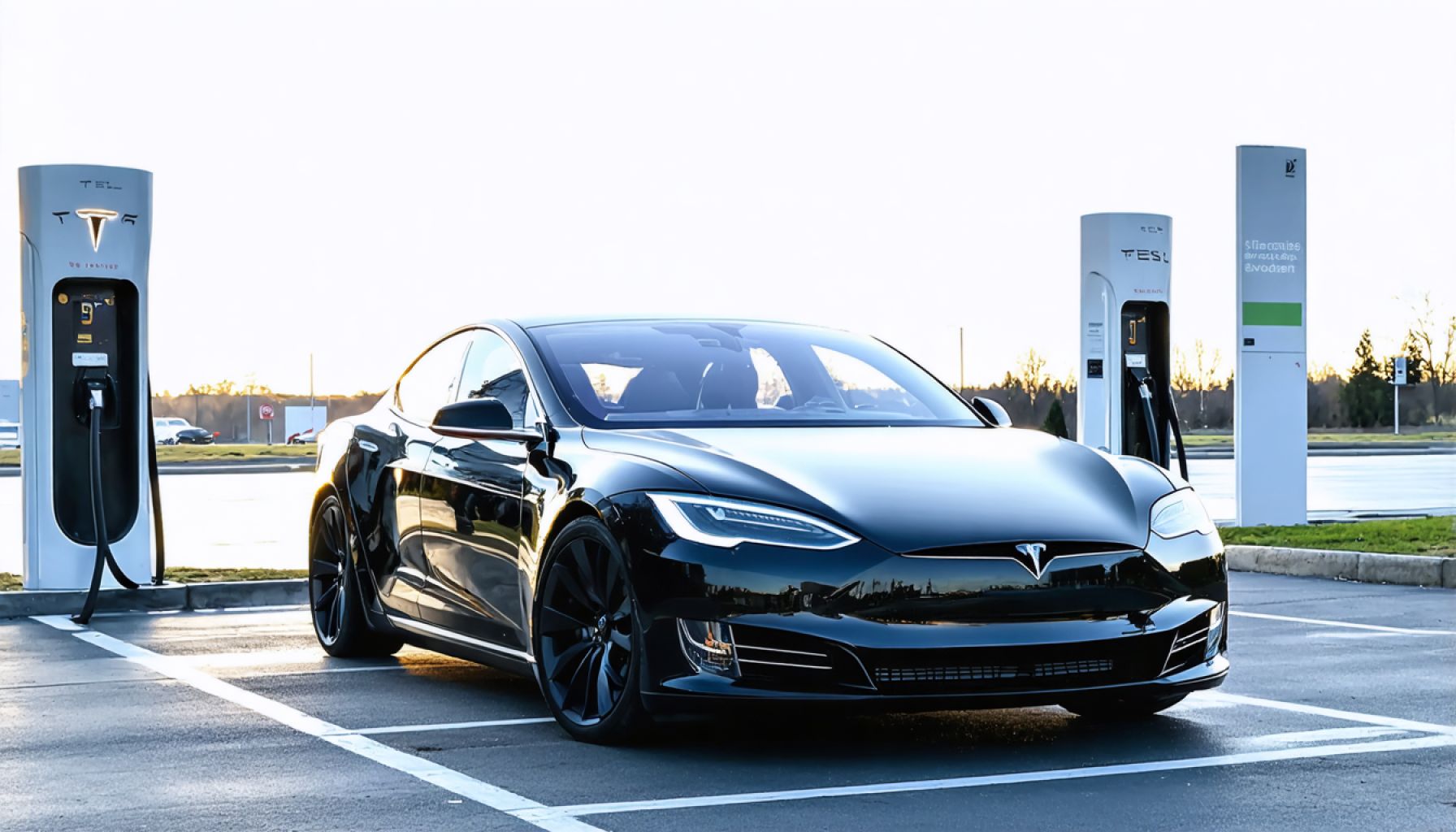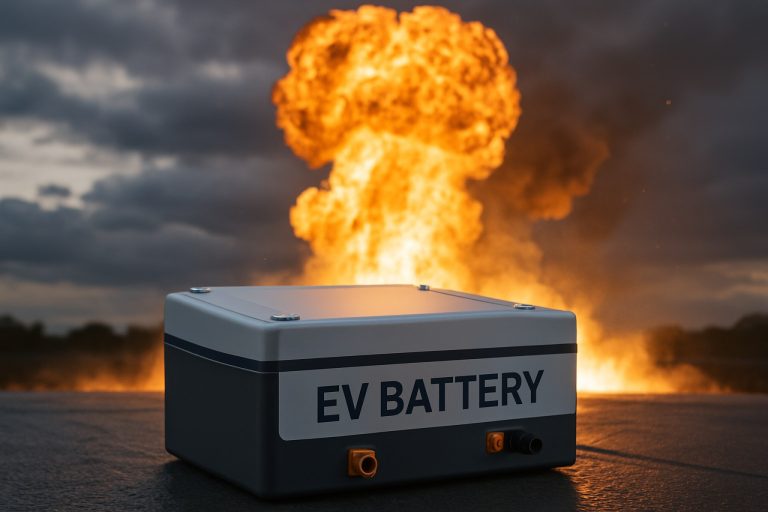
- Sweden becomes a battleground for Tesla and local unions over electric vehicle infrastructure expansion.
- Tesla successfully launches two new Supercharger sites in Södertälje despite union opposition.
- 36 Supercharger stalls at key locations enhance EV travel between Sweden’s coasts.
- Unions, including Elektrikerna and Seko, resist Tesla’s progress due to labor practice concerns.
- Tesla circumvents local labor hurdles using international expertise, sparking debate and apologies from Telge Nät.
- Telge Nät acknowledges errors and commits to respecting Swedish collective agreements.
- This clash illustrates the balance of innovation, labor rights, and negotiation in Sweden’s industrial sector.
- Tesla’s actions exemplify the complex interplay between progress and tradition in Swedish industry.
Sweden, a land known for its peaceful landscapes and collective agreements, now finds itself in the throes of a gripping industrial drama starring relentless Tesla and an array of defiant unions. The heart of this saga lies in Södertälje, a town that has become the unexpected focal point of a high-stakes power play over the future of electric vehicle infrastructure in the region.
Tesla, the audacious electric pioneer, stands toe-to-toe with IF Metall, a formidable trade union, facing hurdles that could stymie lesser companies. Yet, in a deft maneuver reminiscent of chess masters and business mavericks, Tesla has achieved what many deemed near-impossible: the successful unveiling of two new Supercharger sites, despite staunch opposition. These are not merely charging stations; they are the newest emblems of EV reliability and affordability in the ever-growing network of clean energy solutions.
At the bustling Moraberg shopping area and the sprawling Vasa Handelsplats, 36 gleaming new Supercharger stalls silently promise to ease cross-country travel for EV owners. Enthusiasts, often lauding Tesla’s commitment to sustainability and innovation, can now journey with confidence between the east and west coasts, embracing an environmentally conscious and economically sensible future.
The unions, notably Elektrikerna and Seko, launched an earnest strike against this new wave of technology. Locked in solidarity with IF Metall, they attempted to halt Tesla’s advance, citing concerns over labor practices and local engagement. Yet, Tesla outmaneuvered this blockade with a bold strategy, purportedly enlisting international expertise to circumvent local labor constraints. This move sparked a series of apologies from network partner Telge Nät, which found itself caught in the crossfire of this corporate-union clash.
Telge Nät’s candid remorse underscores the complexities inherent in the Swedish labor model—a balance of power where agreements hold sway and dialogues frame business operations. Their pledge to prevent further oversights reflects the deep respect for these collective agreements that underpin Swedish industry.
As the dust settles, a curious equilibrium unfolds. The unions, firm yet adaptable, secure assurances that echo across the cooperative workspace. Meanwhile, Tesla continues its relentless pursuit of progress, a testament to the intricate dance between innovation and tradition, paving the way for greener journeys and hinting at a redefined industrial landscape.
In this tale, one truth emerges—the path to technological advancement is paved with both ingenuity and negotiation. Tesla’s Swedish adventure not only highlights the company’s strategic prowess but also its role as a harbinger of change in a country deeply rooted in workers’ rights and collaborative enterprise.
Will Tesla’s Strategic Moves Redefine Electric Vehicle Infrastructure in Sweden?
Introduction
Sweden, traditionally synonymous with serene landscapes and cooperative agreements, finds itself at the center of an industrial clash involving Tesla and staunch Swedish trade unions. This situation underscores the complex interplay between innovation and the established work culture in Sweden, especially in town like Södertälje, which has pitted a major player in electric vehicle (EV) innovation against the country’s formidable trade unions.
Tesla’s Strategic Maneuvering
Tesla’s establishment of two new Supercharger sites in Moraberg and Vasa Handelsplats marks a significant milestone in the company’s European expansion strategy. These stations are vital as they enhance the EV infrastructure, promising more accessible and reliable travel for Tesla owners across Sweden. With 36 new Supercharger stalls, the network continues to grow, cementing Tesla’s commitment to sustainability and cutting-edge technology.
Labor Relations and Industrial Controversy
Tesla’s progress in Sweden has not come without challenges. The company faced significant resistance from key unions like IF Metall, Elektrikerna, and Seko. The unions voiced legitimate concerns over labor conditions and engagement. Tesla’s outflanking of the unions, possibly involving international labor to bypass constraints, presents a controversial approach that has sparked debates on ethical business practices within the Swedish labor framework.
Market Forecasts and Industry Trends
The Swedish push for a more robust EV infrastructure aligns with broader European trends toward green mobility. Market forecasts indicate continued growth in EV sales, supported by increased charging infrastructure and government incentives for clean energy vehicles. According to the European Automobile Manufacturers Association, EV registrations in the EU surged remarkably in recent years, a trend Sweden is poised to follow.
Features, Specs & Pricing
Tesla Superchargers are among the fastest public charging solutions available, designed to charge vehicles rapidly and optimize travel efficiency. Generally, pricing is competitive, contributing to the vehicle’s overall allure. Tesla’s strategy often includes flexible pricing models that adapt to local markets, offering an economic advantage to early EV adopters.
Security & Sustainability Considerations
The security of charging networks remains a critical concern, with Tesla’s state-of-the-art encryption and network security minimizing risks. Sustainability is inherent to Tesla’s mission, with Superchargers often designed to be solar-powered, reinforcing the company’s commitment to renewable energy.
Pros & Cons Overview
Pros:
– Rapid and reliable charging boosts convenience for Tesla users.
– Expansion supports Sweden’s sustainable transport goals.
– Tesla’s global expertise helps navigate complex labor markets.
Cons:
– Union opposition reveals a disconnect with established labor practices.
– Possible ethical concerns over utilizing non-local labor.
– Local industry practices may lead to future operational hurdles.
Actionable Recommendations
1. For Tesla Enthusiasts: Stay informed about new Supercharger locations and Tesla’s sustainable practice advancements. Plan your routes using Tesla’s built-in navigation for optimal charging stops.
2. For Local Businesses: Consider collaborations with EV charging stations to attract environmentally conscious travelers, and support sustainability goals.
3. For Stakeholders: Engage actively in dialogues about labor practices in tech-driven sectors to ensure harmonious growth reflective of Swedish values.
Conclusion
Tesla’s endeavors in Sweden illustrate how global corporations can navigate intricate cultural and labor landscapes to promote ecological and technological innovation. As Sweden embraces greener journeys, stakeholders across industries must adapt to the evolving dynamics of a more sustainable future.
For more insights into the global trends in transportation and technology, consider visiting Google for the latest developments.



